Jul 23, 2020
PhD Defence of Lucy Schlicht
23 July 2020
16.15 hrs.
GEO building, room 1550 and online via zoom
+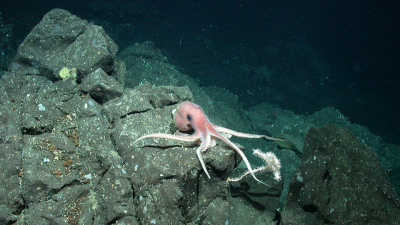
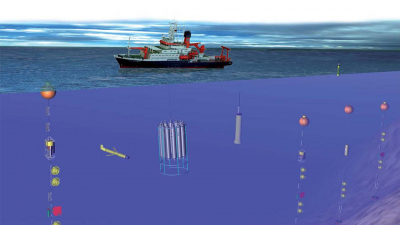
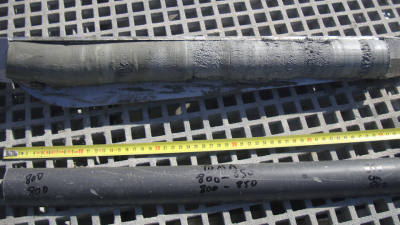
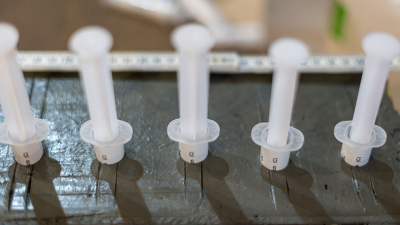
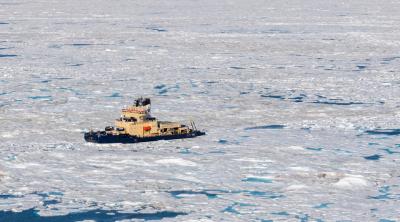

23 July 2020
16.15 hrs.
GEO building, room 1550 and online via zoom
+
... for her successful PhD Defence!
+
22 July 2020
12.30 hrs.
GEO building, room 1550 and online via zoom
+
... for his successful PhD Defence!
+
21 July 2020
16.15 hrs.
GEO building, room 1550 and online via zoom
+
Extreme cold events in the course of climate history cannot be confined regionally. For example, changes in Greenland’s ice sheet can impact regions that ...
+
The world's glaciers are melting. In the Arctic and in the high mountains of the world where glaciers are at home, temperatures are rising faster than ...
+
Bremen plays a decisive role in the new National Research Data Infrastructure (NFDI – Nationale Forschungsdateninfrastruktur). Based on the recommendation ...
+
The North Atlantic is the destination of an expedition with the research vessel SONNE, which starts this week from Bremerhaven. The focus is on habitats ...
+
A team of scientists is currently on board the research vessel METEOR. The target area is the southern subpolar North Atlantic, where moorings of a ...
+
For his outstanding scientific work on the role of archaea in the degradation of non-methane hydrocarbons, Dr. Rafael Laso Pérez is awarded the Otto Hahn ...
+
The Ocean between Picasso and Monet. Marine scientists in the World's largest digital museum. In more than 20 online exhibitions, an international team of ...
+
The Deutsche Forschungsgemeinschaft (German Research Foundation, DFG) is establishing a Priority Programme on "Tropical Climate Variability and Coral ...
+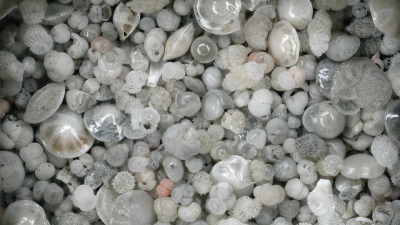
How can patterns in the marine biodiversity of the past help us to understand how it may change in the future? A study published today by an ...
+
Brown algae are important players in the global carbon cycle by fixing large amounts of carbon dioxide and thus extracting this greenhouse gas from the ...
+
It was only relatively recently that tiny, single-celled thaumarchaea were discovered to exist and thrive in the pelagic ocean, where their population size ...
+
An international research project has revealed the highest levels of microplastic ever recorded on the ocean floor, with up to 1.9 million pieces in a thin ...
+Five proposals have been selected for funding after peer-review of all proposals in the 2020 Call for Innovation Grants. The principal investigators ...
+